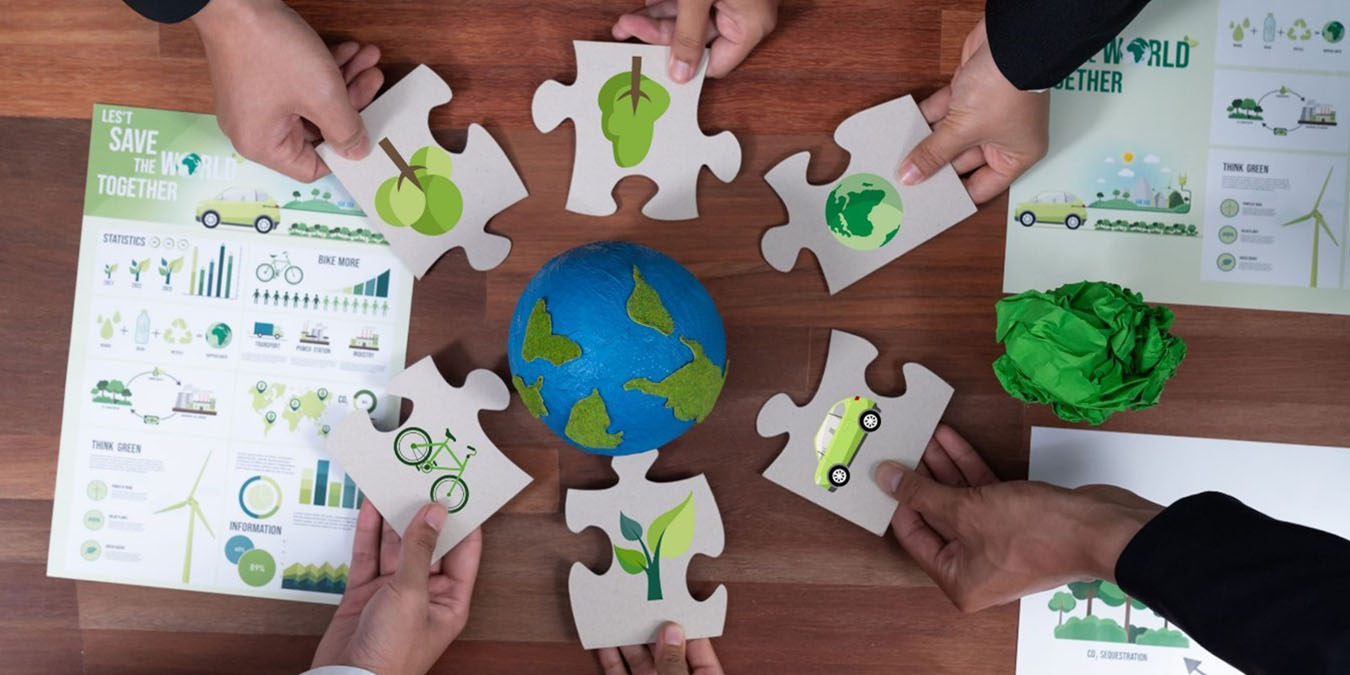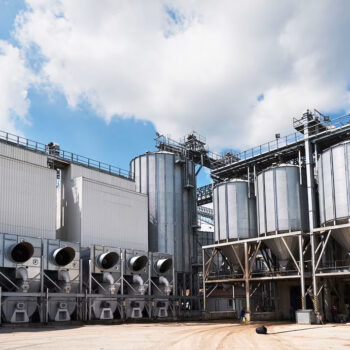In today’s world, Sustainability in business has evolved beyond the rudimentary principles of reduce, reuse, and recycle. As we navigate the complex environmental challenges of the 21st century, companies are recognizing the need for a more comprehensive and holistic approach. We attempt to delve into the transformative potential of embracing a circular economy, redefining product design, optimizing resource use, and fostering collaborative initiatives for a sustainable future.
The conventional 3R model—reduce, reuse, recycle—has been the cornerstone of sustainability efforts for decades. While undeniably valuable, its limitations are increasingly apparent in the face of escalating environmental concerns. To truly make a substantial impact, businesses must move beyond this paradigm and adopt a holistic strategy that encompasses every facet of their operations.
Circular Economy Principles: A Paradigm Shift
At the forefront of this evolution is the adoption of circular economy principles. In 2024, companies are recognizing the imperative to redesign their production processes, to minimize waste and facilitate material recycling. The circular economy model promotes a closed-loop system, where products are designed with the end in mind, ensuring they can be easily repaired, refurbished, or recycled.
A Swedish furniture giant is a prime example of how circular economy principles can be translated into tangible action. The firm is investing in sustainable materials, designing products for recyclability, and encouraging customers to recycle old furniture through its buy-back programs. Since its launch in 2005, it has diverted over 60,000 tons of furniture from landfills.
Designing for Longevity and End-of-Life Repurposing
Central to this holistic approach is a shift in product design philosophy. Businesses are now focusing on creating products with longevity, thereby reducing the frequency of replacements and minimizing the overall environmental impact. By prioritizing durability and reparability, companies across industries are contributing to the extension of product lifecycles, curbing the incessant cycle of production and disposal. An American outdoor recreation clothing company offers a lifetime warranty on its products and encourages its customers to repair or return worn-out items through its Worn Wear program.
Furthermore, end-of-life repurposing becomes a pivotal aspect of this approach. Products are designed with disassembly in mind, making it easier to extract and repurpose materials once the product reaches the end of its usable life. This shift not only reduces the burden on landfills but also contributes to the establishment of a more sustainable, closed-loop system.
Optimizing Resource Use: Prioritizing Renewable Energy and Responsible Sourcing
A holistic sustainability approach necessitates a thorough examination of the entire production cycle. Companies are increasingly prioritizing renewable energy sources to power their operations, thereby reducing their carbon footprint. A leading British multinational FMCG has committed to making all its packaging reusable, recyclable, or compostable by 2025. This extends beyond the manufacturing floor to encompass the entire supply chain, reinforcing the commitment to environmentally friendly practices.
Additionally, responsible sourcing of materials becomes a crucial component of this strategy. A German automotive OEM is scrutinizing its supply chains and implementing environmental and social standards throughout its supply chain. They use recycled materials and partner with suppliers who share their sustainability goals. By minimizing resource extraction and fostering responsible sourcing practices, businesses contribute to the conservation of ecosystems and biodiversity.
Supplier engagement becomes instrumental as the journey towards sustainability is not solitary. it requires collaboration across the entire value chain. Businesses are forging partnerships with suppliers as well as consumers to establish a closed-loop system for materials. This collaborative approach ensures that the entire value chain is aligned with the overarching goal of environmental conservation and resource efficiency and that stakeholders work beyond the linear ‘take-make-dispose’ model.
Technological Innovation: 3D Printing and Sustainable Materials
In the pursuit of holistic sustainability, companies are harnessing the power of technological innovation. Advanced manufacturing technologies, such as 3D printing, offer unprecedented opportunities to create products with minimal waste and energy consumption. An American aircraft engine supplier is exploring 3D printed jet engine brackets with internal lattice structures, achieving 20% weight reduction and improved heat transfer, translating to significant fuel savings and increased engine efficiency. This not only enhances production efficiency but also enables customization, reducing the need for mass production and its associated environmental costs.
Moreover, there is a growing emphasis on the development and utilization of sustainable materials. A leading multinational athletic apparel firm’s collaboration with a material solutions partner has resulted in innovative bio-fabricated materials made from mushrooms. These materials offer durability, breathability, and leather-like properties, minimizing reliance on animal products and fossil fuels. This not only addresses concerns about material disposal but also contributes to a broader shift towards a more sustainable and eco-friendly material palette.
A Comprehensive Strategy for Environmental Conservation:
The time for incremental change is over. In 2024, embracing a holistic sustainability strategy isn’t just a laudable ambition; it’s a competitive necessity. Businesses that weave circularity, responsible sourcing, collaboration, and innovation into the fabric of their operations will rise as leaders in a transformed landscape. To thrive in this new era, the choice is no longer between profit and the planet – it is the pursuit of both, together. The call to action is clear: redefine your approach, redefine your future.









